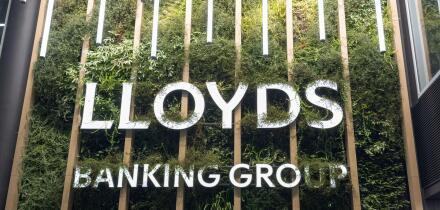Over the next five years, Citi’s ambition is to be the world's leading bank in driving the transition to a low-carbon economy by focusing on three key pillars of activity — financing climate solutions, deepening climate risk assessment and disclosure, and reducing the environmental impacts of the bank’s operations.
The bank is reshaping its business to reflect client demand and regulators’ and policy makers’ agendas, while it expects that the decade ahead will see significant transitions in corporate business models driven by sustainability factors, and a shift in the allocation of capital towards businesses that align themselves with a more sustainable future.
Citi continues to embed sustainability into its existing product offerings and capabilities, with newly created business verticals, to better advise clients and offer bespoke ESG-themed solutions. For example, in Treasury and Trade Solutions group, Citi is committed to becoming “the” financial platform for global commerce, underpinned by responsible finance and digital solutions that support the ESG goals of corporates. The bank is dedicated to meeting the needs of an expanding number of companies who are embracing the opportunity to focus on sustainability as a means of transforming their businesses as the divide between “doing well” and “doing good” rapidly narrows.








